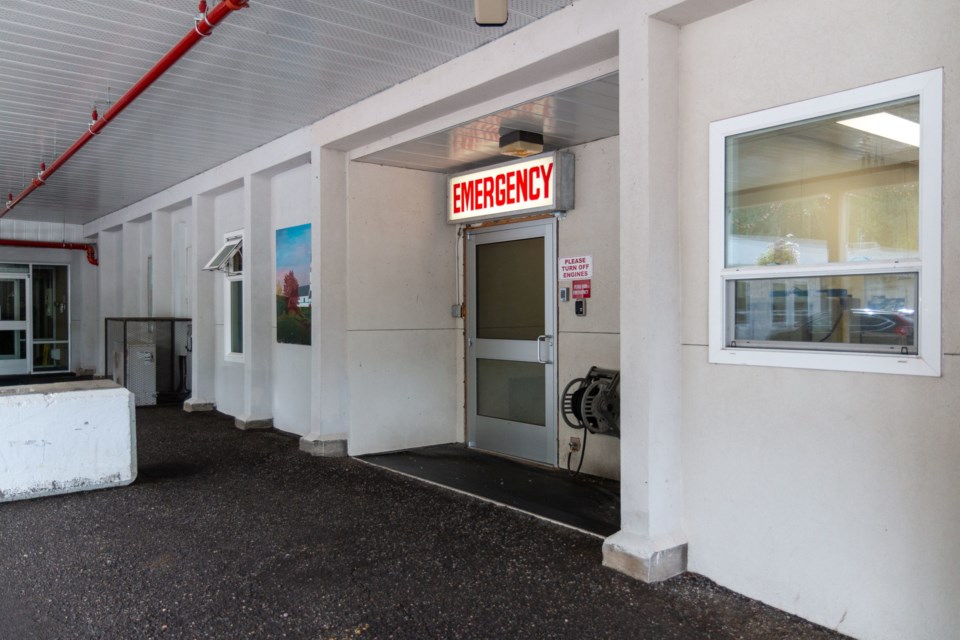As the previous wave of the pandemic peaked in B.C. last fall and the Northern Health region began sending COVID-19 patients to Metro Vancouver and Vancouver Island, it was taken as a grim sign of the pandemic situation in the north.
But while vaccine uptake has lagged in some pockets of northern BC, 79 per cent of the population 12 and older are now fully immunized with two doses.
What the triage of patients should have highlighted is the longtime rural healthcare deficit in this province that threatens to grow worse as the virus surges yet again.
A study led by the Centre for Rural Health Research at UBC and published late last year in the journal of BMC Health Services Research notes an “historical lack of attention to rural healthcare needs.”
Rural residents travel anywhere from one to four hours to the nearest medical centre. Many have no family doctor and the lack of incentives for pursuing a rural practice make it extremely difficult to draw new practitioners.
The healthcare services provided are based on year-round population, the study notes, yet in summer the population swells and access to healthcare becomes all the more challenging.
Rural populations tend to be older and have higher incidence of chronic illness than the BC average, yet there is a lack of access to local home support and long-term care facilities, it points out.
In some communities, emergency rooms are only open on the weekend and even then subject to closures due to staff shortages.
The study authors conclude there is a “need for better access to services for many communities.”
On the heels of the historic heat wave last summer that is suspected of killing as many as 719 people, the province announced 22 rural ambulance stations will be converted to round-the-clock coverage with full-time personnel by the end of this year.
That is welcome news, but gives rise to the question: They weren’t providing round-the-clock ambulance services?!
Maternity care and mental health services are non-existent in many small communities throughout BC, expectant mothers with the potential for problems advised to find their way to the closest urban hospital when their due date nears.
My neighbour was recently told at our local ER to drive her son two hours to the hospital in Kamloops to have his badly broken arm tended. A two-hour drive in the snow with temperatures in the -30s by a terrified mother and a child in excruciating pain.
These are not just issues of staffing, though healthcare staff in smaller communities carry a heavier burden than most.
They are issues of design and attention.
Last fall the B.C. Medical Journal published a letter from the Geriatrics and Palliative Care Committee, a subcommittee of Doctors of BC’s Council on Health Promotion.
The letter draws attention to the inequities in palliative care in particular for rural BC, and calls for political attention to address the problem.
“There are significant inequities in the delivery of palliative health care between rural and urban populations in British Columbia. These inequities have, like many other areas of health care, been amplified by the current pandemic,” it says.
The committee points out that many rural communities have few or no palliative care beds and some health authorities will agree to staff new beds only if the local community pays the cost of building new facilities.
“Rural palliative patients tend not to attract political attention. Their suffering often takes place in isolation, away from the centres of power,” says the committee.
“It can be hoped that, as health policy analysts address the inequities uncovered by the pandemic, the plight of rural palliative patients receives equal consideration.”
That is assuming the rural inequities uncovered by the pandemic receive any consideration at all.
Dene Moore is an award-winning journalist and writer. A news editor and reporter for The Canadian Press news agency for 16 years, Moore is now a freelance journalist living in the South Cariboo.



